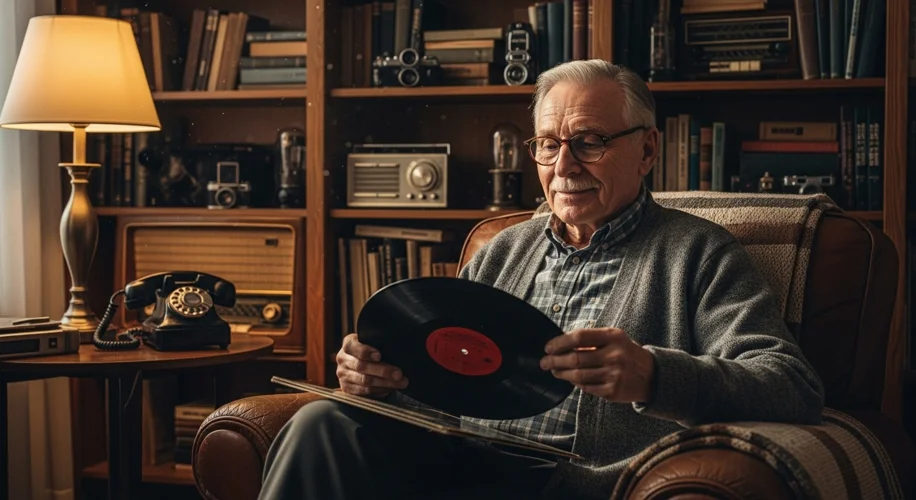It’s funny, isn’t it? We live in an era of incredible technological advancement. Our smartphones are more powerful than the computers that sent men to the moon, and the internet connects us instantly to almost anyone, anywhere. Yet, there’s a strong pull, a deep comfort, in revisiting older technologies. Think about the resurgence of vinyl records, the enduring love for classic video games, or even the simple joy of a physical book.
I’ve spent a good part of my life immersed in the world of technology, watching it evolve at breakneck speed. And I’ve noticed this trend, this deliberate turning back to the past, not as a rejection of progress, but perhaps as a way to find grounding in it. Why are we drawn to these older forms of technology?
One reason, I believe, is the sense of tangibility and control they offer. In a digital world that can feel ephemeral and complex, holding a vinyl record, dropping the needle, and hearing that familiar crackle before the music begins is a profoundly physical experience. It’s intentional. It requires a certain amount of attention that our multitasking, always-on culture often discourages. Similarly, classic video games, with their simpler mechanics and often charmingly pixelated graphics, offer a directness that can be refreshing. There’s a clear objective, a defined challenge, and a tangible sense of accomplishment.
This isn’t just about the ‘good old days.’ It’s about the psychological contract we have with these older technologies. They represent a time when technology felt less invasive, more focused. There were fewer notifications demanding our attention, fewer algorithms trying to predict our next move. The interaction was simpler, more direct. This simplicity can be a powerful antidote to the overwhelm we often feel in our hyper-connected lives.
Consider the act of listening to music. With streaming services, we have access to millions of songs. It’s convenient, yes. But there’s a curated experience in choosing a record, placing it on the turntable, and committing to listening to an album from start to finish. It fosters a deeper engagement with the music, a slower, more deliberate appreciation. It’s a ritual, and rituals provide comfort and a sense of order.
This digital nostalgia isn’t about rejecting innovation. It’s about finding balance. It’s about recognizing that while new technology offers immense power and convenience, older technologies often provide something equally valuable: a connection to our past, a sense of physical presence, and a moment of focused calm in a relentlessly fast-paced world. It suggests that as technology continues to advance, our human need for simplicity, tangibility, and meaningful experience will remain a constant. And perhaps, that’s a good thing. It reminds us what truly matters in our relationship with the tools we create.

